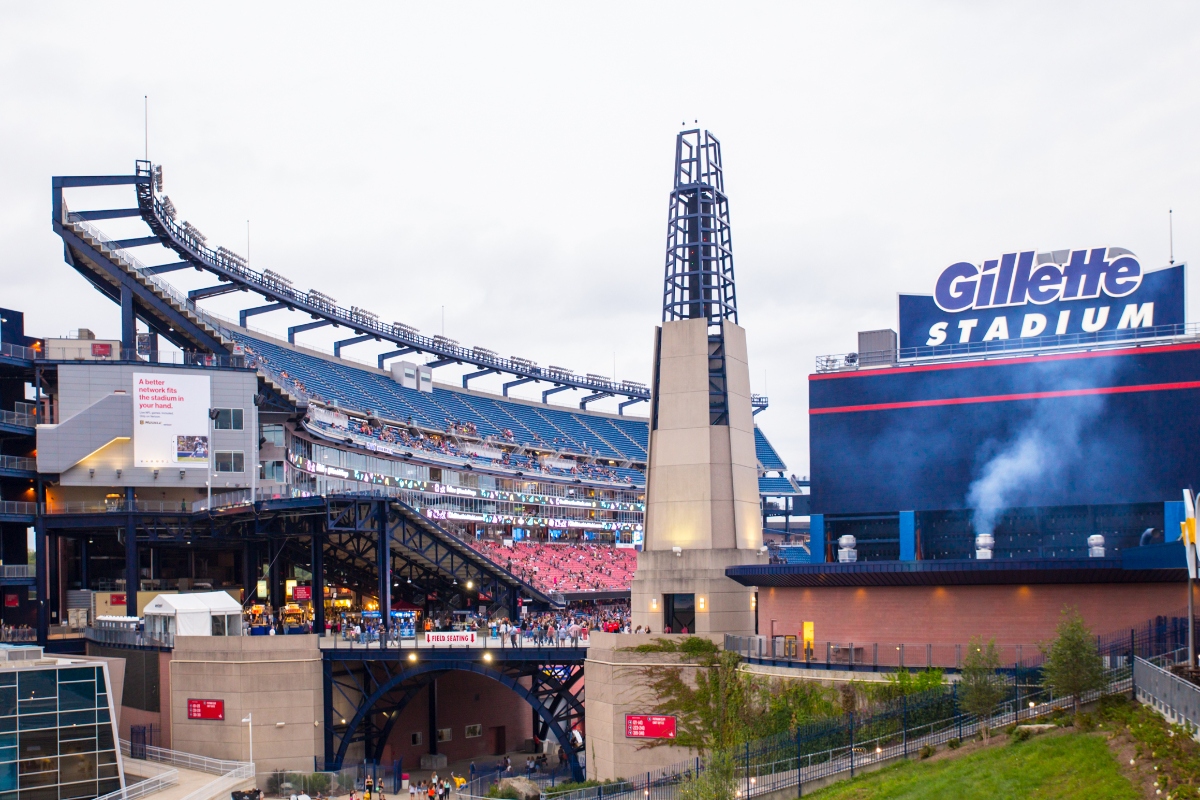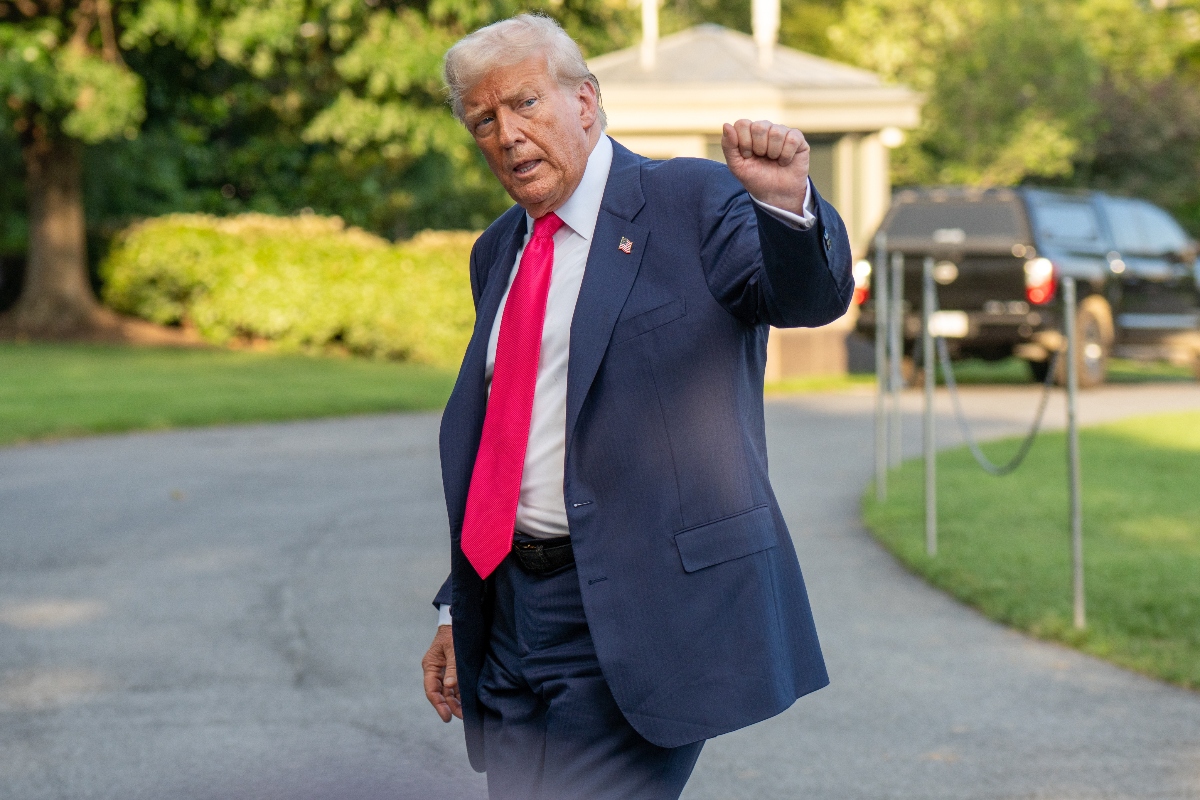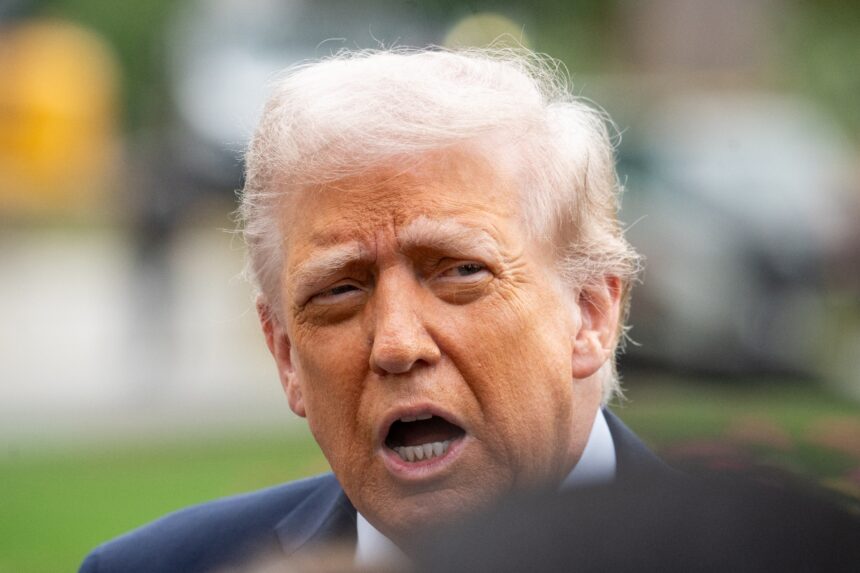In a recent controversial twist, President Donald Trump declared that he may order the relocation of 2026 World Cup games scheduled for the Boston area, citing security concerns and criticism of Mayor Michelle Wu.
His threat has generated immediate reactions from sports organizations and local authorities.
Boston: venue confirmed

We could take them away
Donald Trump
Boston will play a major role in the 2026 World Cup, with seven matches already allocated to Gillette Stadium in Foxborough.
During the tournament it will be called “Boston Stadium”.
FIFA confirmed that schedule in 2022, and those commitments are backed by contracts that carry strong logistical and legal implications should a change be attempted.
Trump’s threat and FIFA’s response

During a public event, Trump said parts of Boston “have been taken over.”
And that if conditions do not improve, he may approach FIFA president Gianni Infantino to relocate the matches.
“We could take them away,” he said. However, Victor Montagliani, FIFA vice-president, clarified that authority over the venues rests exclusively with the organization, not with national or local governments.
For her part, Mayor Michelle Wu rejected the threat and emphasized that many aspects of the choice of venues are “contractually assured,” making unilateral alteration nearly impossible.
What this means for Hispanic residents in the U.S.
For Latin American soccer fans living in the United States, the controversy is relevant for several reasons:
If Boston loses its 2026 World Cup games, local access for fans would be affected.
Media coverage in Spanish could change depending on where the games are played.
The decisions FIFA makes may impact other venue and logistical scenarios for the U.S. tournament.
This episode makes it clear that, while political threats may garner attention, in the case of a global event such as the 2026 World Cup, the final venue decisions are firmly in the hands of FIFA.
For more information, visit QuéOnnda.com.























